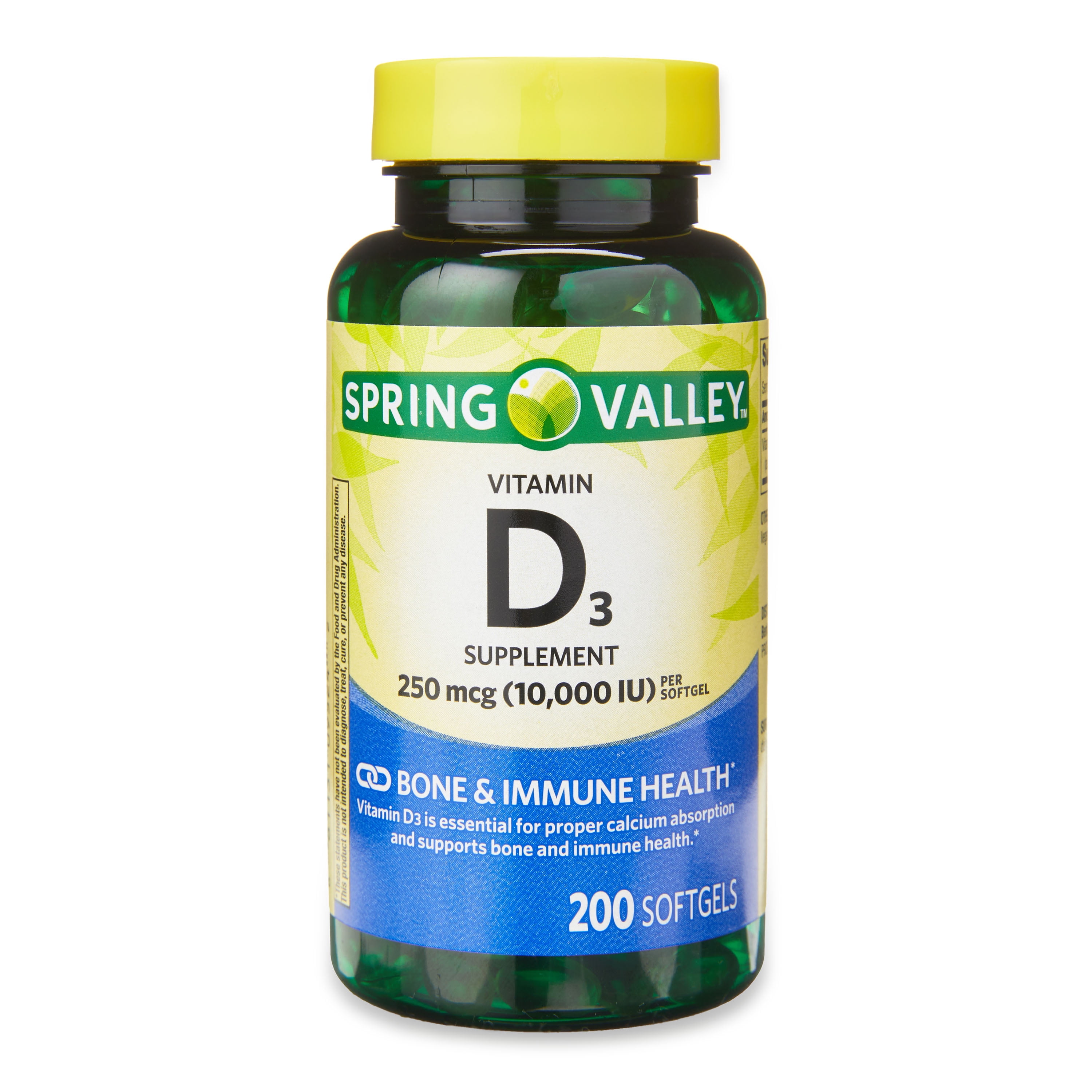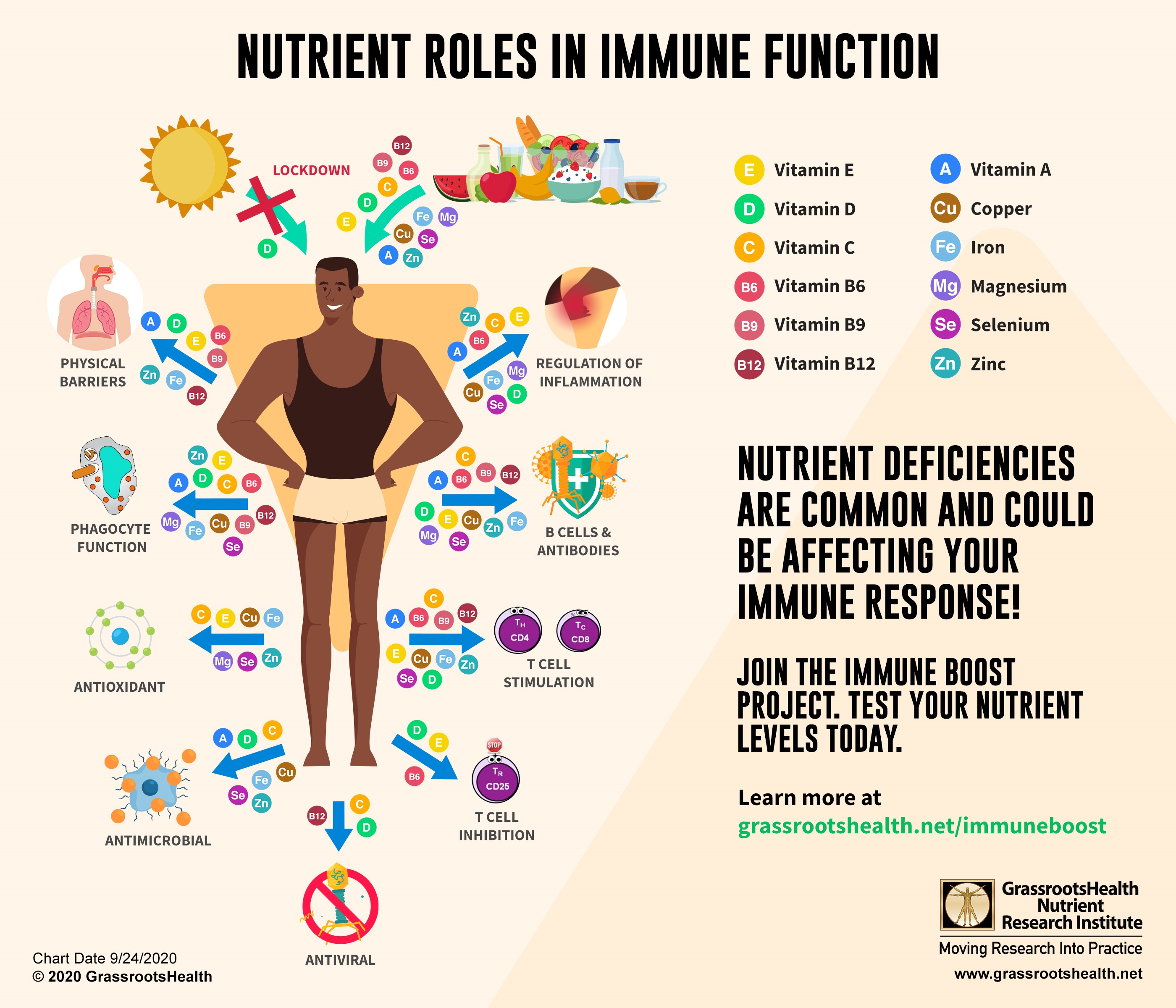Vitamin D: The Essential Nutrient For Bone Health, Immune Function, And More
Editor's Notes: "Vitamin D: The Essential Nutrient For Bone Health, Immune Function, And More" have published today date. This is an important topic to read because it provides information on the benefits of vitamin D and how it can help improve your health.
Our team of experts has analyzed and summarized the latest research on Vitamin D: The Essential Nutrient For Bone Health, Immune Function, And More and put together this guide to help you make the right decision.
Key differences or Key takeways
| Feature | Vitamin D |
|---|---|
| Benefits | Supports bone health, immune function, and more |
| Sources | Sunlight, fortified foods, and supplements |
| Recommended intake | 600-800 IU per day for adults |
Transition to main article topics
Here are some of the benefits of vitamin D:
- Supports bone health. Vitamin D helps your body absorb calcium, which is essential for strong bones. It can help prevent osteoporosis, a condition that causes bones to become weak and brittle.
- Boosts the immune system. Vitamin D helps your immune system fight off infections.
- Reduces the risk of chronic diseases. Vitamin D has been linked to a reduced risk of chronic diseases such as heart disease, cancer, and multiple sclerosis.
How to get enough vitamin D
The best way to get vitamin D is through exposure to sunlight. However, it is important to avoid getting too much sun, as this can increase your risk of skin cancer. You can also get vitamin D from fortified foods, such as milk, yogurt, and cereals. If you are not getting enough vitamin D from diet and sunlight, you may need to take a supplement.
Talk to your doctor
If you are concerned about your vitamin D levels, talk to your doctor. They can test your levels and recommend the best course of action.
FAQ
This FAQ section provides additional insights into the significance of vitamin D for overall health. As this nutrient plays a crucial role in bone health, immune function, and various other bodily processes, understanding its importance is essential.

Essential Vitamins and Minerals | Essential Marbella Magazine - Source www.essentialmagazine.com
Question 1: What are the key sources of vitamin D?
Vitamin D can be obtained through exposure to sunlight, as well as dietary sources such as fatty fish, eggs, and fortified foods. Sunlight exposure allows the skin to synthesize vitamin D, which is then stored in the body.
Question 2: How does vitamin D contribute to bone health?
Vitamin D aids in the absorption of calcium, a mineral essential for strong and healthy bones. Without adequate vitamin D, the body cannot absorb calcium effectively, which can lead to bone loss and increased risk of fractures.
Question 3: Is vitamin D essential for a healthy immune system?
Yes, vitamin D plays a vital role in supporting the immune system. It helps regulate immune responses, reducing the risk of certain infections and autoimmune disorders.
Question 4: Are there any symptoms of vitamin D deficiency?
Vitamin D deficiency may not always present with specific symptoms. However, some individuals may experience bone pain, muscle weakness, or increased susceptibility to infections.
Question 5: Who is most at risk for vitamin D deficiency?
Individuals with limited sunlight exposure, such as those living in regions with reduced sunlight or those with certain medical conditions, may be at higher risk of vitamin D deficiency.
Question 6: How can I ensure I am getting enough vitamin D?
Regular sunlight exposure, as well as a balanced diet that includes vitamin D-rich foods or supplements, can help ensure adequate vitamin D intake. Consulting a healthcare professional can also provide personalized guidance and recommendations.
In conclusion, vitamin D is a nutrient that plays a crucial role in various aspects of health, including bone health, immune function, and overall well-being. Ensuring sufficient vitamin D intake is essential for maintaining optimal health.
For more information on vitamin D and its importance, refer to Vitamin D: The Essential Nutrient For Bone Health, Immune Function, And More.
Tips
Incorporating vitamin D into your daily routine is crucial for maintaining optimal health. Follow these tips to ensure sufficient intake and experience its numerous benefits:
Tip 1: Maximize Sunlight Exposure

Kids’ Nutrition: Ensuring They Get the Right Vitamins – MaryRuth Organics - Source www.maryruthorganics.com
The primary source of vitamin D is sunlight. Aim for 10-15 minutes of unprotected sunlight exposure on your face, arms, and legs during peak sunlight hours (10am-2pm). This stimulates the production of vitamin D in the skin.
Tip 2: Consume Vitamin D-Rich Foods
Fatty fish such as salmon, tuna, and mackerel are excellent sources of vitamin D. Include these in your diet regularly. Other sources include eggs, liver, and fortified milk and cereals.
Tip 3: Supplement When Necessary
If sunlight exposure and dietary intake are insufficient, consider a vitamin D supplement. The recommended daily intake is 600 IU for adults. Consult a healthcare professional to determine the appropriate dosage.
Tip 4: Protect Your Skin
While sunlight is essential for vitamin D production, it is important to protect your skin from excessive exposure. Use sunscreen, wear protective clothing, and avoid prolonged exposure during peak sunlight hours.
Tip 5: Avoid Certain Medications
Some medications, such as corticosteroids and anticonvulsants, can interfere with vitamin D absorption. Inform your doctor about all medications you are taking to ensure optimal vitamin D levels.
Tip 6: Maintain a Healthy Weight
Excess weight can store vitamin D, reducing its availability to the body. Maintaining a healthy weight through a balanced diet and regular exercise helps optimize vitamin D levels.
Summary: By following these tips, you can ensure adequate vitamin D intake for bone health, immune function, and overall well-being. Remember to consult a healthcare professional for personalized advice and to monitor your vitamin D levels regularly.
Vitamin D: The Essential Nutrient For Bone Health, Immune Function, And More
Vitamin D, an essential nutrient, holds great significance for our overall well-being. It is fundamental for maintaining strong bones, supporting the immune system, and facilitating a multitude of vital bodily processes.
- Essential for Bone Health: Vitamin D aids in the absorption of calcium.
- Supports Immune Function: It bolsters the immune system's response to infections.
- Reduces Inflammation: Vitamin D exhibits anti-inflammatory properties.
- Promotes Muscle Strength: It contributes to muscle function and strength.
- Enhances Brain Function: Vitamin D plays a role in cognitive performance.
- May Prevent Certain Diseases: Research suggests a link between vitamin D and reduced risk of chronic diseases.

Spring Valley Vitamin D3 Bone & Immune Health Dietary Supplement - Source www.walmart.com
The importance of vitamin D extends far beyond these key aspects. It is involved in gene regulation, cell growth, and metabolism. Ensuring adequate vitamin D intake is thus essential for maintaining optimal health. Sunlight exposure, fortified foods, and supplements are common sources of vitamin D. However, individuals at risk of deficiency, such as those with limited sun exposure or malabsorption disorders, may require additional supplementation.

Immunity, Infection & Nutrients: What's Missing from Public Discussions - Source www.grassrootshealth.net
Vitamin D: The Essential Nutrient For Bone Health, Immune Function, And More
Vitamin D, also known as the sunshine vitamin, is a vital nutrient for overall health and well-being. It plays a crucial role in bone health, immune function, and various other bodily processes. Without adequate levels of vitamin D, individuals may face an increased risk of osteoporosis, fractures, infections, and other health issues. The connection between vitamin D and these health benefits is well-established through scientific research and real-life observations.

Ostelin Calcium & Vitamin D - D3 for Bone Health + Immune Support, 250 - Source www.ebay.com.au
As a key component of bone health, vitamin D aids in the absorption of calcium, which is essential for the formation and maintenance of strong bones. Adequate vitamin D levels help prevent bone loss, reduce the risk of osteoporosis, and maintain bone density, especially in postmenopausal women and older adults. In addition, vitamin D supports muscle function, contributing to improved balance and reducing the risk of falls and fractures.
Vitamin D also plays a vital role in immune function. It supports the production and function of immune cells, helping the body fight off infections and diseases. Studies have shown that individuals with sufficient vitamin D levels have a lower risk of respiratory infections, such as the common cold and flu, as well as a reduced risk of autoimmune diseases. Moreover, vitamin D has anti-inflammatory properties, which may contribute to improved overall health and well-being.
The practical significance of understanding the connection between vitamin D and these health benefits lies in its implications for preventive healthcare. By maintaining adequate vitamin D levels, individuals can proactively reduce their risk of osteoporosis, fractures, infections, and other health concerns. Regular sun exposure, a balanced diet, and, if necessary, vitamin D supplements can help ensure optimal vitamin D levels.
In conclusion, the connection between vitamin D and bone health, immune function, and overall health is well-established. Maintaining adequate vitamin D levels is essential for maintaining strong bones, supporting a healthy immune system, and promoting overall well-being. By understanding this connection and taking steps to ensure sufficient vitamin D intake, individuals can significantly improve their health and reduce their risk of various health issues.
Conclusion
The exploration of "Vitamin D: The Essential Nutrient For Bone Health, Immune Function, And More" highlights the critical role of vitamin D in maintaining overall health and well-being. Its connection to bone health and immune function emphasizes the need for adequate vitamin D intake.
The key takeaway is that maintaining optimal vitamin D levels is a proactive measure towards reducing the risk of osteoporosis, fractures, infections, and other health concerns. Incorporating regular sun exposure, a healthy diet, and vitamin D supplements when necessary can help ensure sufficient vitamin D levels. By understanding the importance of vitamin D, individuals can take ownership of their health and make informed decisions to improve their quality of life.